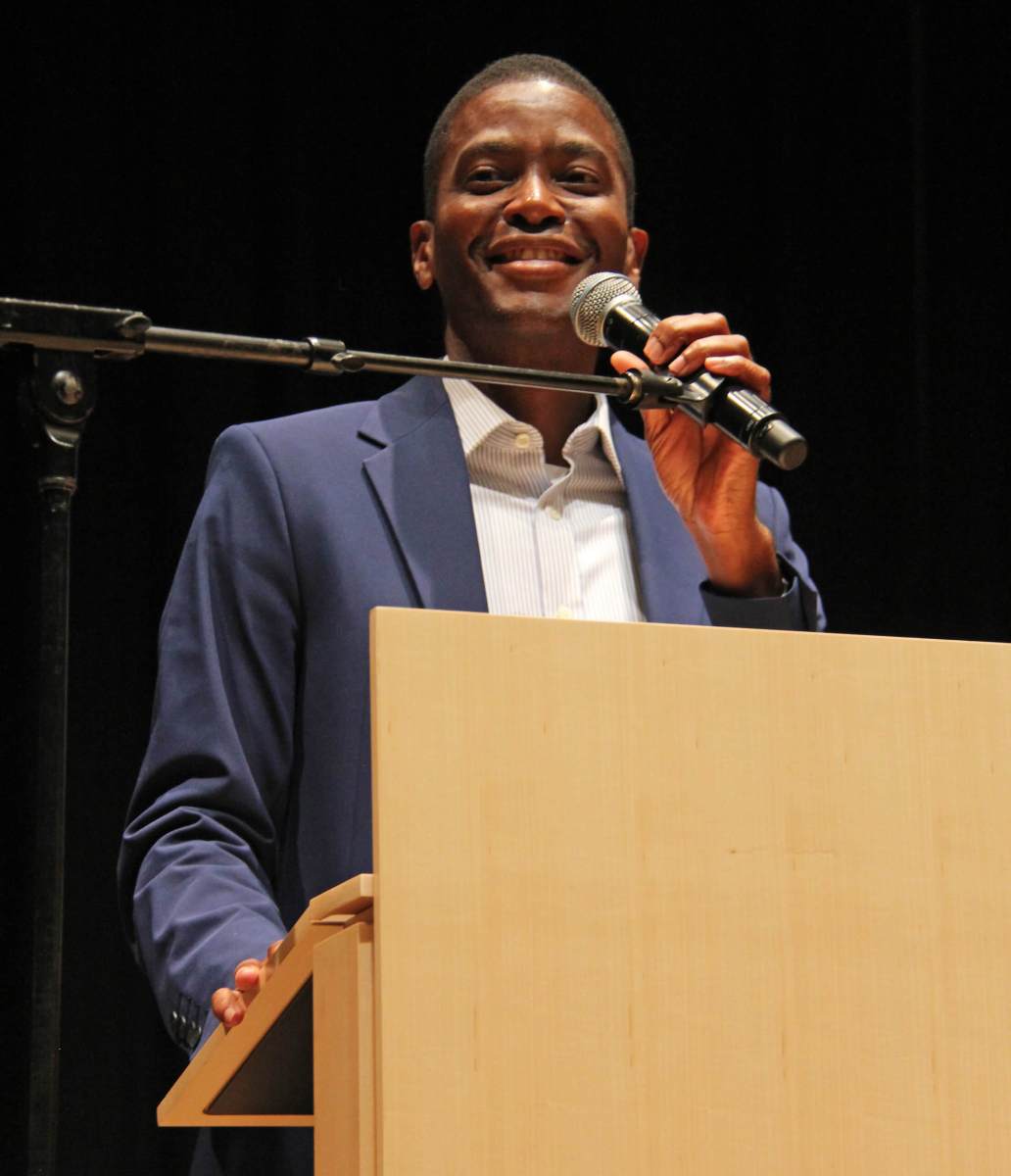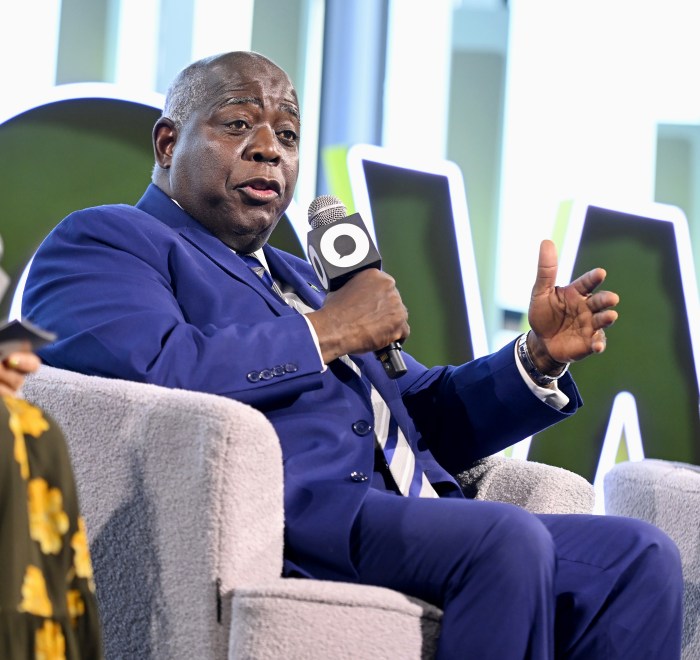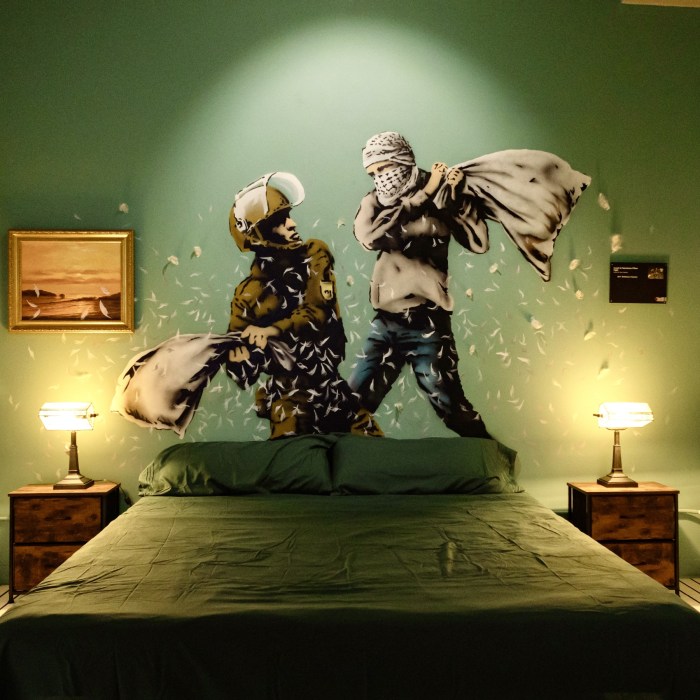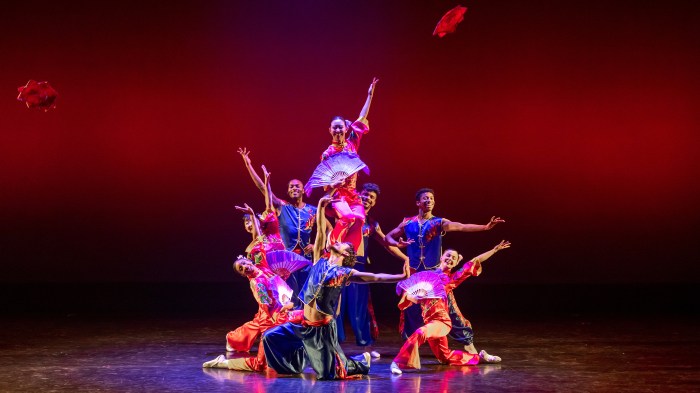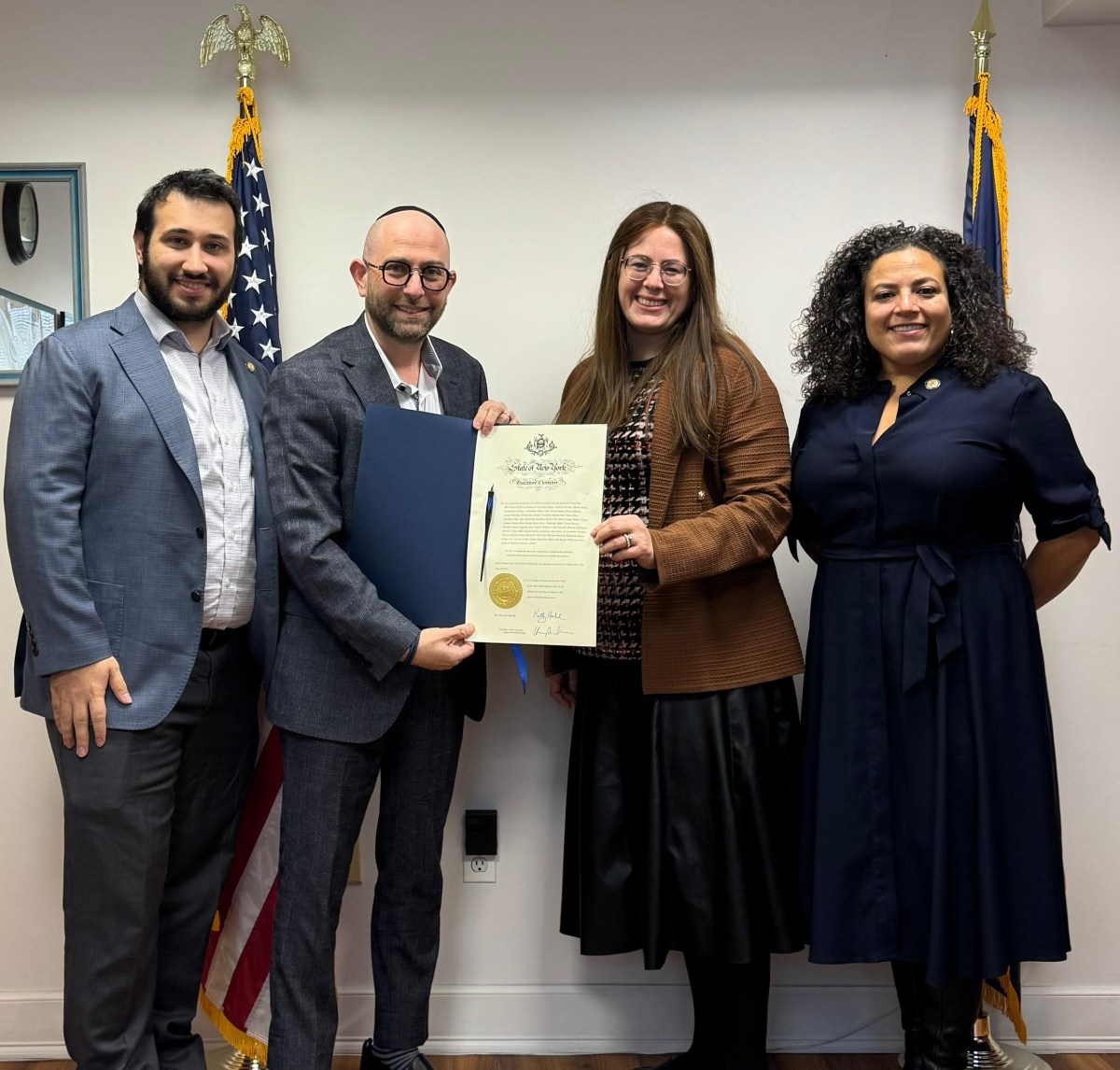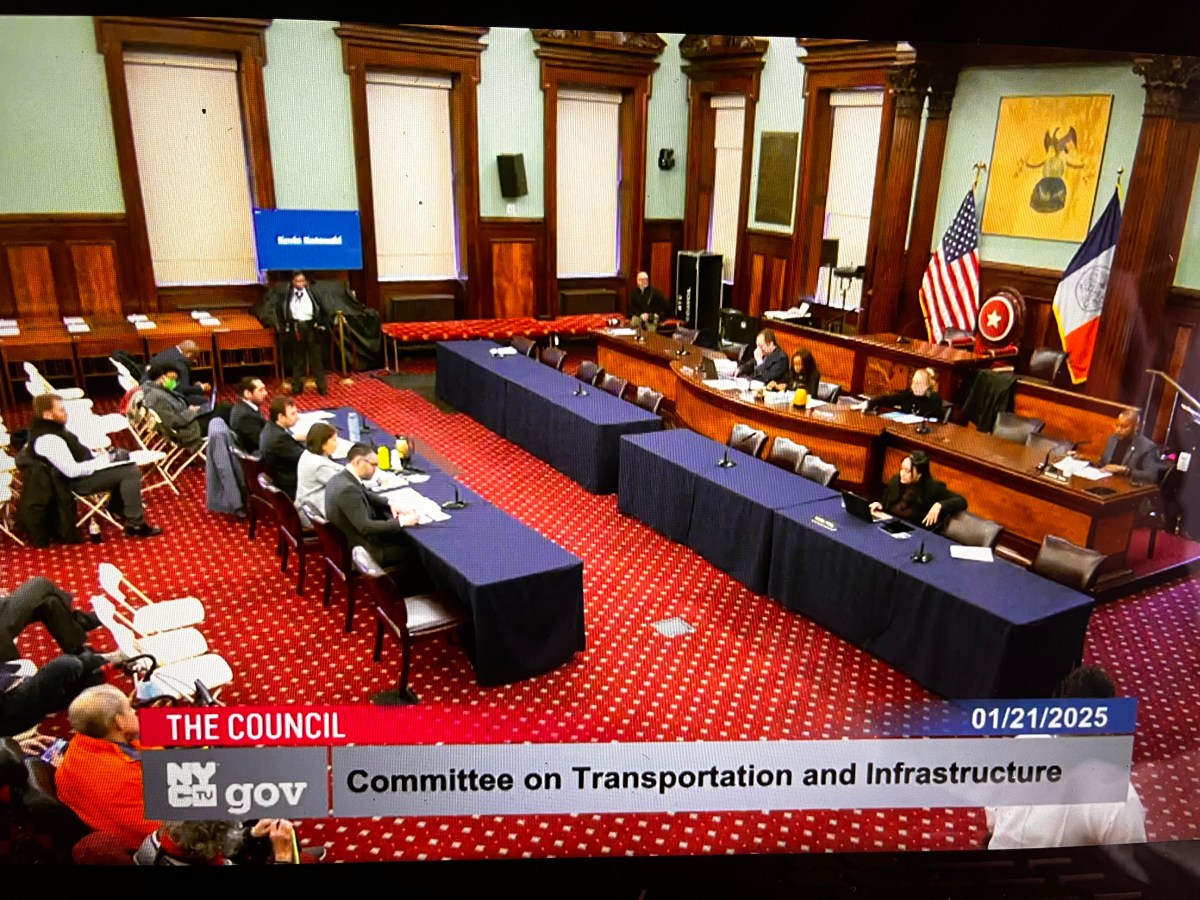Bahamas
The Bahamas government has welcomed the signing of a US$55 million agreement with the Saudi Fund for Development, which aims to further boost the socio-economic development of Eleuthera, one of the archipelago’s islands.
Speaking at the signing ceremony, Prime Minister Phillip Davis said the steady rise in air arrivals and international interest is about more than just visitors coming to enjoy the beauty of Eleuthera. Still, about all that the island has to offer the world.
“This partnership with the Saudi Fund for Development marks a turning point for Eleuthera and its people. For years, there has been talk about upgrading the North Eleuthera International Airport, but today we are moving from talk to action. This US$55 million investment is about unlocking Eleuthera’s potential and ensuring that its people can fully benefit from the island’s rapid growth.”
Davis said that the airport’s upgrade will strengthen the local economy, create more jobs, and provide greater opportunities for businesses.
“By enhancing the airport’s capacity to handle more visitors, we are directly supporting the tourism sector, which is at the heart of Eleuthera’s economy. This investment will help bring in more international flights, increase connectivity to the rest of The Bahamas, and open up new avenues for local entrepreneurs.”
He said the partnership with the Saudi Fund for Development allows the country to move forward with confidence and that “their support, coupled with the low interest rate of 2.5 percent, ensures that we can deliver on this long-awaited project in a way that is both sustainable and beneficial for the people of Eleuthera.
CARICOM
CARICOM Chairman and Prime Minister of Grenada, Dickon Mitchell, is urging all citizens across the region to remain alert by staying informed through updates from CARPHA and local health authorities regarding Mpox and its transmission.
Mitchell, speaking at the 47th Council of Human and Social Development (COHSOD) in Guyana, made the plea due to the recent declaration by the World Health Organization (WHO) regarding the outbreak of Mpox, specifically the more transmissible clade 1b and pointed to the importance of heightened vigilance within CARICOM.
Last month, the outbreak was classified as a Public Health Emergency of International Concern (PHEIC), necessitating a unified and proactive approach.
“It is important to be vigilant for any unusual rashes or lesions, especially if individuals have a travel history to areas with reported cases of Mpox and seek immediate medical attention if signs or symptoms are detected,” he said.
“As heads of government, we remain resolute in our support to strengthen health ministries within our member states and associate members to ensure effective surveillance efforts and public health strategies to raise public awareness about Mpox and contribute to our collective preparedness,” he added.
He said the Caricom secretariat will work with CARPHA to ensure a well co-ordinated regional and international response.
He added that CARPHA will continue to work with member states and Caricom IMPACS to monitor incoming passengers and facilitate the rapid identification of potential cases.
Regular updates will also be provided on the risk status as more information becomes available and if more cases are identified outside of Africa.
Guyana
Guyana’s Health Minister, Dr. Frank Anthony, has announced that increased health monitoring is being undertaken at ports of entry to guard against the Mpox virus.
Mpox is a zoonotic disease caused by the monkeypox virus that can spread through direct contact with infected individuals, animals, or contaminated materials.
According to Dr Anthony, in addition to increased monitoring at the ports of entry, Guyana has already purchased the Mpox vaccine to protect persons from contracting the disease.
“We have also bought vaccines, and we have in stock the vaccines against Mpox. And we have issued a set of criteria that can be used for persons who might more be at risk and for those persons, we will be able to administer the vaccine,” Anthony said.
He also noted that more than 200 doctors from across the country have been trained in detecting Mpox and the treatment procedure and that guidelines have been published for the doctors to follow.
The Health Minister recalled that during a previous outbreak of Mpox a few years ago, two cases were detected in Guyana, and both persons were successfully treated.
Citizens are encouraged to be vigilant and pay attention to any unusual rashes or lesions that may appear on their skin, especially if they have a travel history to areas with reported cases of Mpox.
Grenada
Grenada’s Opposition Leader, Dr. Keith Mitchell, says he will appoint two new senators to the Upper House of Parliament, as two of three whom he appointed following the June 2022 general elections have resigned and go into effect on Sept. 30.
“Leader of His Majesty’s Opposition, Dr. the Rt Hon Keith Mitchell, extends appreciation to Sen. Neilon Franklyn and Sen Katisha Douglas for their service to the upper House of Parliament and takes this opportunity to extend very best wishes to them in all their future endeavors. Both senators have expressed their intention not to continue in this role from the 1st of October, 2024,” said a release from Mitchell’s office.
“As the appointments of both senators expire on Sept. 30, I will make two new appointments effective Oct. 1, 2024.
“These strategic appointments will be part of the ongoing process to reorganise the party, to prepare for the upcoming General Election, and for the opportunities ahead to lead Grenada into the future,” Mitchell said.
Haiti
Jamaican Prime Minister Andrew Holness announced recently that two dozen soldiers and police officers will be sent to Haiti to boost a UN-backed mission led by Kenya to fight violent gangs.
Vice Admiral Antonette Wemyss-Gorman, chief of defence staff for Jamaica’s military, said the 20 soldiers and four police officers scheduled to arrive in Haiti this week will join nearly 400 Kenyan police who are working alongside Haitian police and military.
Holness said the Jamaicans will provide command, planning, and logistics support.
Jamaica had pledged 170 soldiers and 30 police officers, but PM Holness said deploying them all at once was impossible.
“It’s not practical,” he said, adding that facilities to host those arriving and a command structure need to be in place before the full number pledged is deployed. “We want a very successful operation.”
Holness said the current mission “can be a long and extended process.”
He added that the mission is not the only or final solution to problems in Haiti, where gangs control 80 percent of the capital of Port-au-Prince, with more than 3,200 persons killed from January to May, according to the UN and the ongoing violence also has left more than half a million people homeless in recent years.
“Haiti is the example of what could happen if states and governments do not take the problem seriously and put in place the measures and resources necessary to bring the problem under control,” Holness said.
The mission is expected to have 2,500 personnel, with the Bahamas, Bangladesh, Barbados, Benin, and Chad also pledging to send police and soldiers; however, it wasn’t clear when that would happen.
Jamaica
Prime Minister Andrew Holness has defended his administration’s continued use of States of Emergency (SOE) as a crime-fighting tool following criticism from the Inter-American Commission on Human Rights (IACHR).
The IACHR recently called on the Holness administration to ensure that measures used to fight and prevent crime are implemented in accordance with international human rights standards.
This occurred as a consequence of the imposition of a State of Emergency in the southern parish of Clarendon last month in response to a gun attack during which eight people were killed and nine others wounded.
Holness agreed that everything must be done to protect the rights of all citizens and asserted that this has been reinforced to members of the Jamaica Constabulary Force.
“In the transformation of the Jamaica Constabulary Force, every officer will tell you that in their training, respect for citizen’s right, respect for human rights … including in our operations … I urge the JCF to continue on this path to show the world that we don’t need to be told to respect human rights, it is something that is engrained in us. But you know what is missing from the conversation? Is the respect for the rights of the victims, no one speaks about the rights of the victims. Those families who have lost their loved ones. No international agency is coming to say protect the rights of the citizen … none.”
He said that when crime gets above the capacity in developed countries, those governments use extraordinary powers without external criticism.
— Compiled by Devika Ragoonanan


